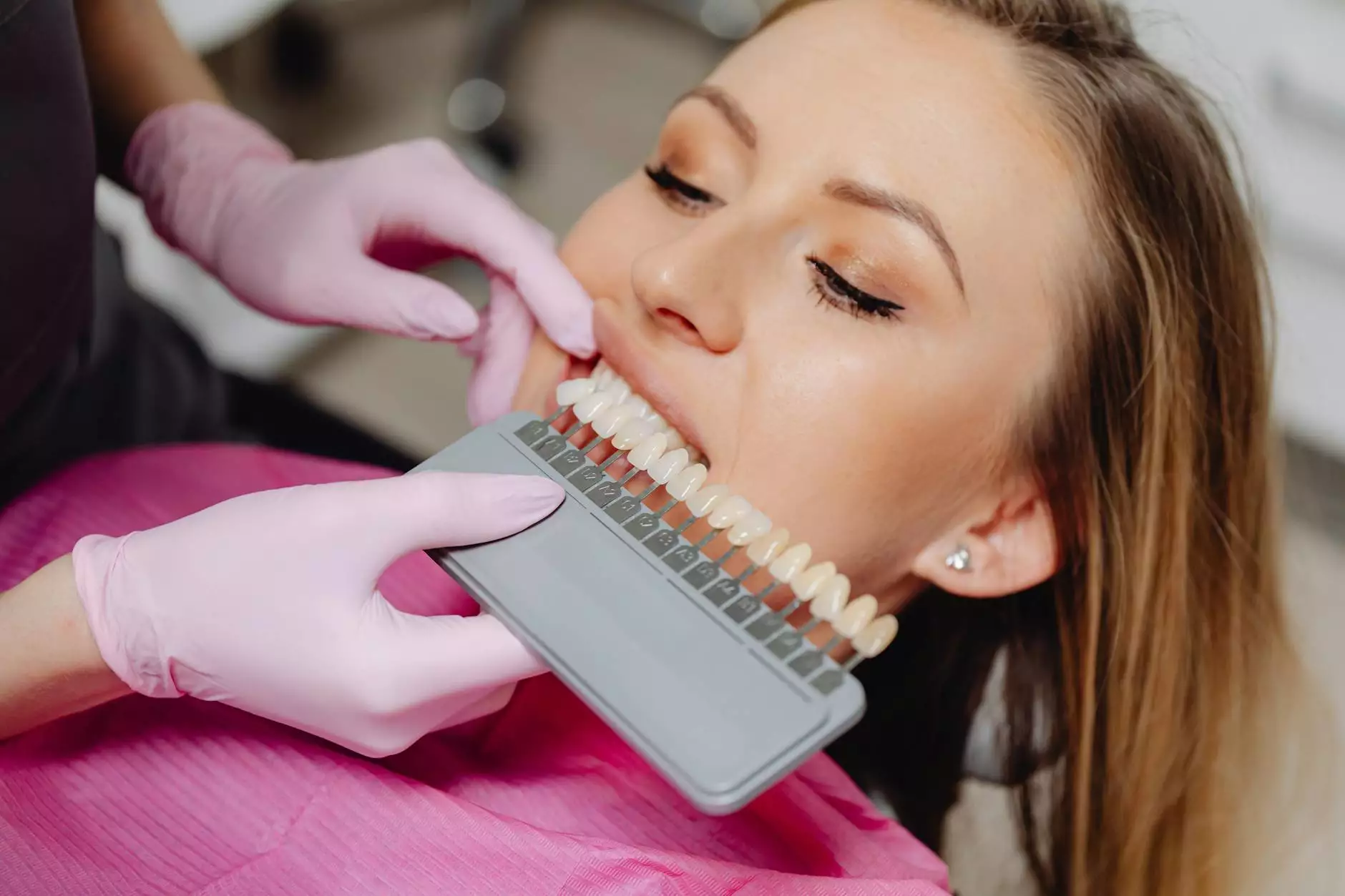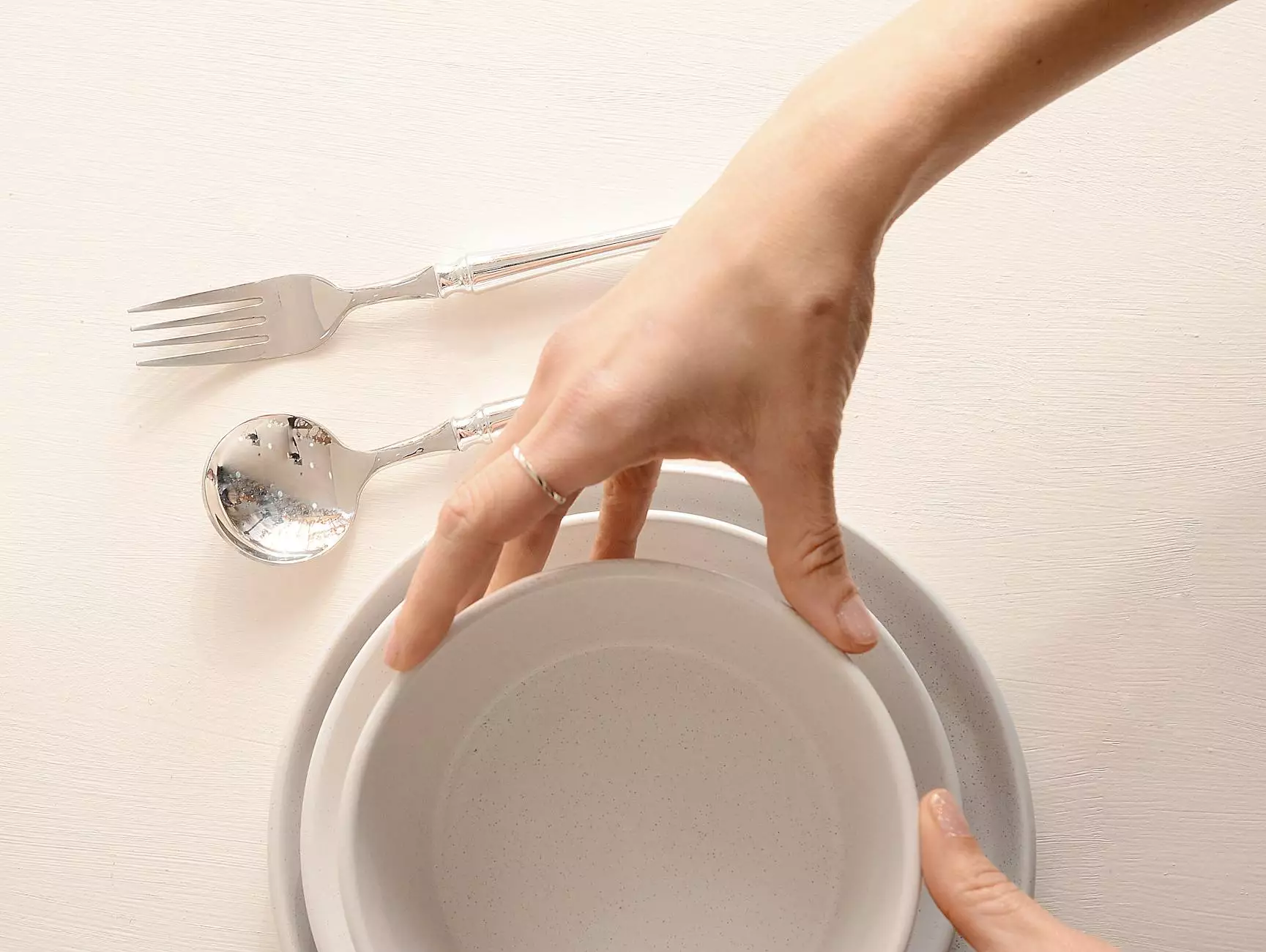Understanding Teeth Grinding at Night Guard: Solutions for Restful Sleep

Teeth grinding, scientifically known as bruxism, is a common condition that many individuals face, often manifesting during the night. The implications of this habit can lead to various health issues, from dental problems to severe sleep disturbances. Fortunately, a teeth grinding at night guard can provide significant relief and help maintain dental health. In this comprehensive guide, we will delve into the causes of bruxism, the role of night guards, and how to effectively manage this condition.
What is Bruxism?
Bruxism refers to the involuntary grinding or clenching of teeth, often occurring while sleeping. It can occur during the day (awake bruxism) or at night (sleep bruxism). Many people are unaware that they are grinding their teeth, as this behavior often happens subconsciously during sleep. While occasional grinding may not cause harm, chronic bruxism can lead to serious dental issues, jaw discomfort, and other complications.
Causes of Teeth Grinding
Understanding the underlying causes of teeth grinding is essential for effective treatment and management. Here are some common triggers associated with this condition:
- Stress and Anxiety: Elevated stress levels and anxiety can lead to muscle tension and teeth clenching.
- Sleep Disorders: Conditions such as sleep apnea can contribute to bruxism.
- Misalignment of Teeth: Dental issues, particularly an improper bite, can result in teeth grinding.
- Lifestyle Factors: Caffeine and alcohol consumption, as well as smoking, can increase the likelihood of bruxism.
- Genetics: A family history of teeth grinding may predispose individuals to the condition.
- Medications: Certain medications, particularly those that affect the central nervous system, may lead to bruxism as a side effect.
The Impact of Teeth Grinding
The consequences of untreated bruxism can be significant. Here are some of the potential effects:
- Dental Wear and Tear: Grinding can erode tooth enamel, leading to increased sensitivity and cavities.
- Jaw and Facial Pain: The excessive pressure from grinding can cause temporomandibular joint (TMJ) disorders, leading to pain and discomfort in the jaw and face.
- Headaches: Frequent teeth grinding can result in tension headaches or migraines.
- Sleep Disruptions: Nighttime bruxism can lead to fragmented sleep patterns, affecting overall well-being.
- Emotional Impact: The stress of dealing with chronic pain or dental issues can lead to anxiety and depression.
Understanding Teeth Grinding at Night Guard
A teeth grinding at night guard is an effective solution designed to protect teeth from the damaging effects of bruxism. Here’s how they work:
Types of Night Guards
There are several types of night guards available, each with distinct features:
- Custom-Made Night Guards: These are tailored to fit an individual's mouth and are highly effective in providing comfort and protection.
- Boil-and-Bite Guards: These guards are made from thermoplastic material that becomes pliable when heated, allowing wearers to mold it to their teeth.
- Stock Night Guards: These are pre-formed and available over-the-counter but may not offer the best fit or comfort.
Benefits of Wearing a Night Guard
Using a teeth grinding at night guard offers several advantages:
- Prevention of Dental Damage: Night guards protect teeth from wear, chipping, and fractures associated with bruxism.
- Pain Relief: They can alleviate pressure on the jaw, reducing pain associated with TMJ disorders.
- Improved Sleep Quality: By minimizing grinding, night guards can contribute to more restful and uninterrupted sleep.
- Convenience: Most night guards are easy to use and can be incorporated into a nightly routine.
How to Choose the Right Night Guard
Selecting the appropriate teeth grinding at night guard involves considering several factors:
- Consultation with a Dentist: It’s crucial to discuss your bruxism with a dental professional who can recommend the best type of guard for your needs.
- Material Preferences: Custom guards are typically made from durable materials and can be more comfortable than over-the-counter options.
- Fit and Comfort: A proper fit is vital to ensure that the guard stays in place throughout the night and provides effective protection.
- Price Considerations: While custom-made guards can be more expensive, they often offer better protection and longevity.
Maintaining Your Night Guard
To ensure longevity and effectiveness, proper care and maintenance of your teeth grinding at night guard are essential:
- Regular Cleaning: Clean your guard daily using a soft toothbrush and mild soap. Avoid using toothpaste, as it may scratch the surface.
- Storage: Store your night guard in a ventilated case when not in use to prevent bacteria growth.
- Avoid High Heat: Do not expose your night guard to high temperatures, as this can alter its shape and fit.
- Regular Check-ups: Schedule routine dental visits to check the condition of your guard and assess the status of your bruxism.
Additional Treatments for Bruxism
While a teeth grinding at night guard is a foundational tool for managing bruxism, other treatment options may also be beneficial:
- Stress Management: Techniques such as yoga, meditation, or therapy can help reduce stress and anxiety, which are common triggers for bruxism.
- Medication: In some cases, dentists may prescribe muscle relaxants or other medications to help manage bruxism.
- Behavioral Interventions: Cognitive-behavioral therapy can assist individuals in changing habits linked to teeth grinding.
- Dental Treatments: In situations where misalignment is a factor, orthodontic treatments may be recommended.
Conclusion
Bruxism can present significant challenges, impacting not only dental health but also overall quality of life. However, with proper understanding and management strategies—including the use of a teeth grinding at night guard—individuals can mitigate its effects. If you are experiencing symptoms of bruxism, don’t hesitate to consult a dental professional to explore the most appropriate solutions tailored to your needs. Taking proactive measures today will pave the way for a healthier, restful tomorrow.
For more information on bruxism and dental health solutions, visit medentalsf.com.









